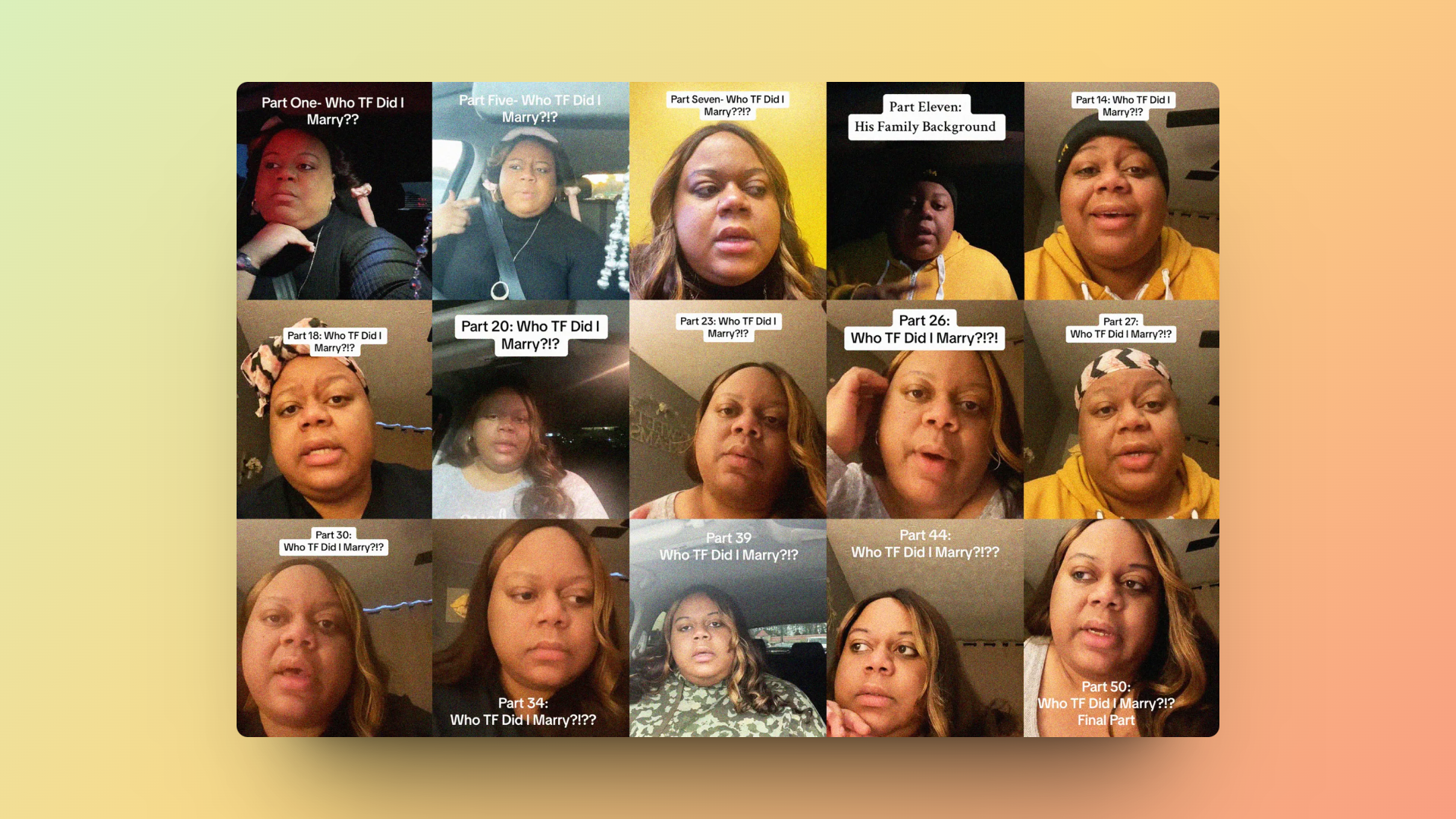Alex is a freelance writer specialising in B2B SaaS and eCommerce marketing, as well as a Ph.D. candidate looking at LGBTQ+ Consumer Behaviour. He shares his top storytelling tips for B2B content marketing.
When he’s not typing away, he’s geeking out in D&D campaigns and playing Magic the Gathering.
How can great written content help us connect deeper with an audience as a B2B company?
We have to remember that even though B2B’s are often these huge, faceless brand names, there are people that make those businesses tick on the day-to-day grind.
Great written content, through use of storytelling, helps build a deeper connection by rekindling what makes us all human—we’re not corporate robots after all.
By keeping the human reader in mind when creating B2B content, you can weave a story that engages them. When content is actually engaging, that’s what builds deeper relationships with your audience.
What is the biggest mistake people make when it comes to copywriting and writing content?
It has to be forgetting about the human reader. Sure, you’ve got to keep SEO in mind for that sweet organic traffic, but even Google now is very good at figuring out what’s useful to readers and what is stuffed with keywords designed to try duping it.
Your readers are who decides whether or not the content is any good—if it is, they’ll engage with and share your content, which then leads to more traffic and engagement.
There’s also the element of writing just to impress the people “up top”, or your clients.
The problem here is they aren’t the readers either (unless your content is targeted internally, then disregard this point). Using in-house jargon, long-winded intros filled with stats, or writing stuff that doesn’t address the needs of your core audience is like fighting a losing battle.
The takeaway here is, write content for your readers, not for Google (or your boss).
How can people feel more confident about improving copywriting skills?
The best way to feel more confident about your copywriting is to either hire an editor, or have some kind of feedback swapping group/partner. I’ve read a ton about improving my skills as a writer, but having real-life critical feedback is when I’ve learned the most and felt more confident moving forward.
- When it comes to hiring an editor, you can try to find a freelance editor and develop a long-term relationship with them (this is an ideal option if you find the right person). You can also go to an editing service like Chatty.so for top-notch editing services.
- For finding a feedback partner/group, the first place you should look is within your own community of writers. Put a callout on Twitter and you’ll usually find a bunch of people willing to form a group. Personally, I’m involved in a group called Peak Freelance, which includes a little feedback channel in Slack, while I work up to a services rate that would allow me to consistently hire an editor.
How can we find our own “voice” as writers?
As cheesy or cliché as it sounds, it’s just about writing the way you speak (albeit, without the filler hesitation “uh’s”). Usually, that involves writing with a little informality (or a lot, if that’s your jam), and introducing human elements.
What do I mean by that, you might ask? Well, it’s a bit like treating your writing as a conversation—ask your audience questions, preemptively answer questions they might have (like I just did), and relate to them with a little story they might have also experienced in their life. Your voice is the sum of your life experiences, no one is exactly the same. So embrace your perspectives—that’s what makes your voice unique.
Equally, how can we then understand and step into a brand’s voice?
This one can be difficult for a lot of people (myself included!) but I think the key here is empathy. Being able to understand what your client thinks/feels, or their unique perspective about a given topic is about using empathy strategically.
However, the same goes for a “brand voice”, which might seem odd at first given that a brand itself isn’t a person. For me, it does help to think about the brand as a person—who are they, what do they like/dislike about x? Who do they surround themselves with and what kind of people would they attract at parties (if they go to parties at all)?
Seeing the human side of a brand or client is what helps me understand their voice and perspective on topics.
Wwhat are the main value content should provide when it comes to B2B content marketing?
That’s a tough question! I would argue the main value of content largely depends on the channel it will call home. For example, with B2B blogs I’d argue the main value they should be giving is education (though it doesn’t hurt to inspire or entertain here and there).
Then, depending on the style of brand, social media is best for inspiration and entertainment, because that’s where people typically go for escapism.
Overall, I think the key is having a good balance between education, inspiration, and entertainment—which you can do with a well thought-out content strategy.
Biggest mistake B2B brands make when it comes to creating content to build trust?
I think at least one of the biggest mistakes B2B brands make when trying to build trust is gating content. It’s the absolute worst when, for example, I’ll be looking for a research report to cite and the company wants about 10-15 pieces of personal information from my name to company role/size, just to download a single report. Feels like I’m signing away my first born child!
You see it all the time in B2B. The more requested data points, the worse it feels as the customer. If you’ve got great research to share, then share it! By openly providing content, you’re establishing a foundation of trust before asking about the consumers personal data. Consequently, businesses like Ahrefs that share research publicly all the time have a great brand reputation.
What’s the best tool as a freelancer you would want to recommend to our audience?
For general business purposes, I absolutely love Marijana Kay’s freelance project planner!
Partially because I’m a big sheets/excel nerd and the planner was an awesome template to start with (I added personal customisation to it afterwards). The other reason is that it’s super useful in helping to a) manage your workload, and b) calm down about quieter business months because you get to see the bigger picture easily.
For content writing specifically, I recommend Clearscope which is basically an SEO/keyword cheat sheet for each piece of content you create—it can save you hours of keyword research.
I know a lot of WordPress bloggers out there live for Yoast or Rankmath, but these only work for keyword stuffing (which we know Google does NOT like). Clearscope uses AI to sift through top performing content on the topic and gives you a list of keywords and phrases you’re going to want to use to make sure you’re hitting search intent.
What does ‘make an impact’ mean to you?
Good question! The word “impact” often conjures up images of intense change over a very short period of time—at least for me. For example, my decision to leave full time corporate life to run my own freelance business. But I think more deeply than that, making a real impact is about making lots of small decisions and actions that trend towards a slow change in the big picture.
Nobody simply wakes up one day and decides to suddenly quit their job, or lets go of a bad habit overnight. These decisions are made up of smaller decisions, like researching what your basic needs are and how to fund them, or swapping a cup of coffee a day with green tea to lower caffeine intake. These are the decisions that make an impact in the long run.
For more questions, tips and inspiration find Alex on Twitter @alexbboswell
Ready to get started with positive impact marketing?
Set up power marketing systems build a marketing strategy that drives results, when you join our certification.
Develop an advanced set of marketing skills that drive more measurable results to any project and harness the power of psychology, purpose, storytelling, and impact to build trust in an increasingly skeptical world.
Take our certification, build your marketing plan and build your ultimate marketing toolkit.





